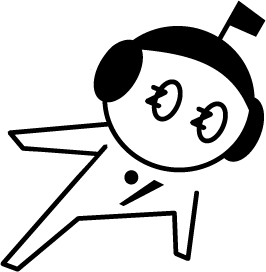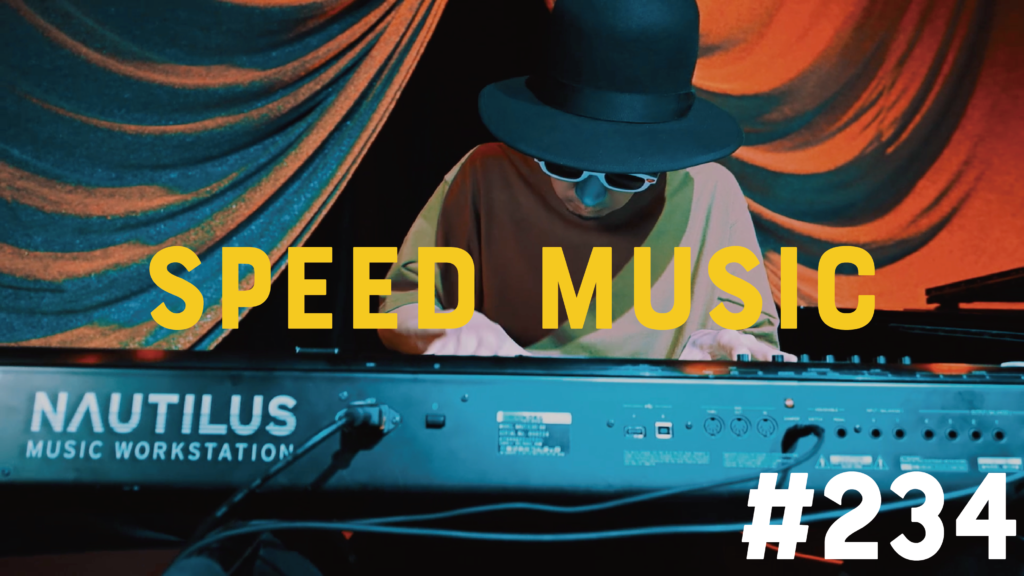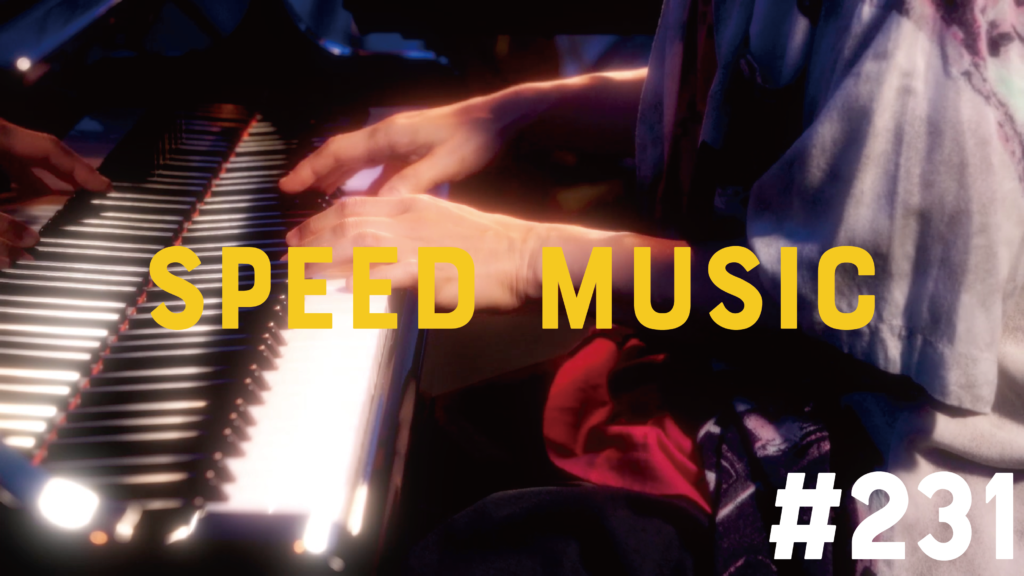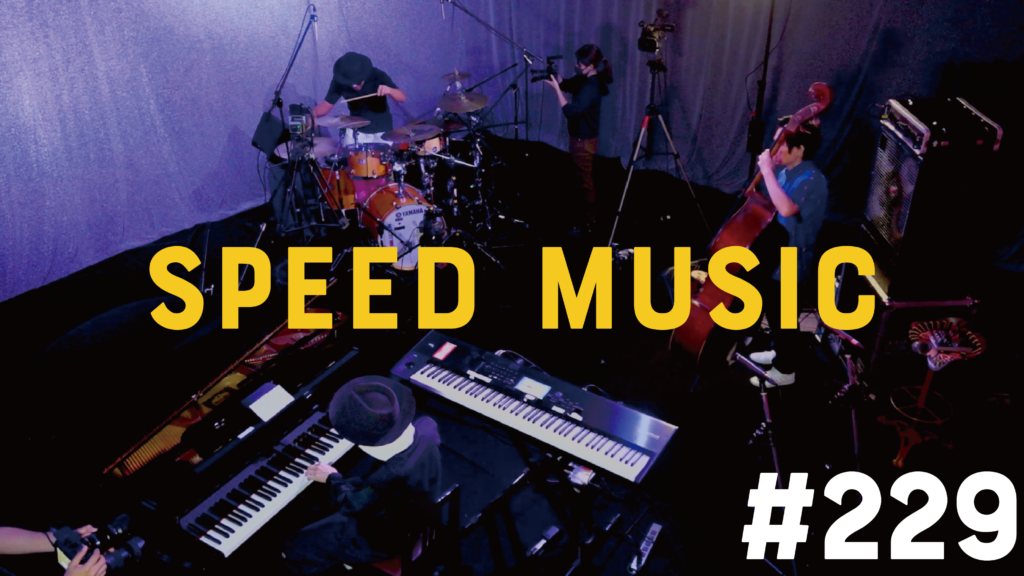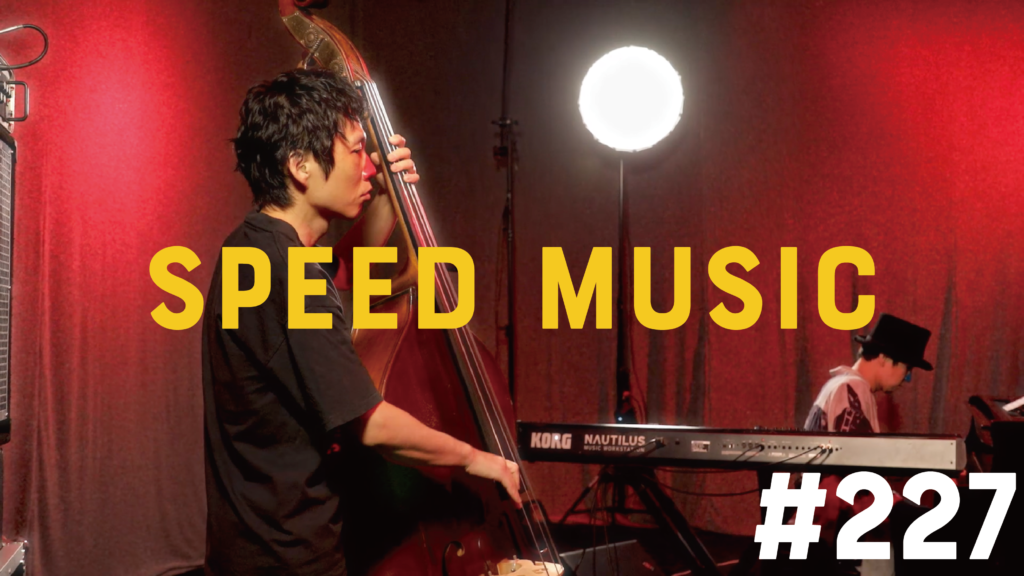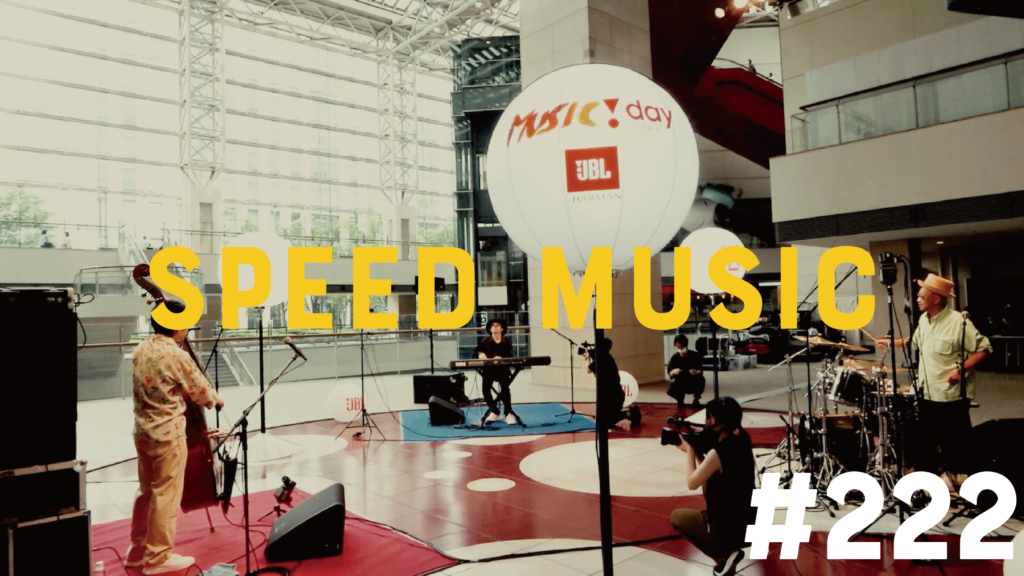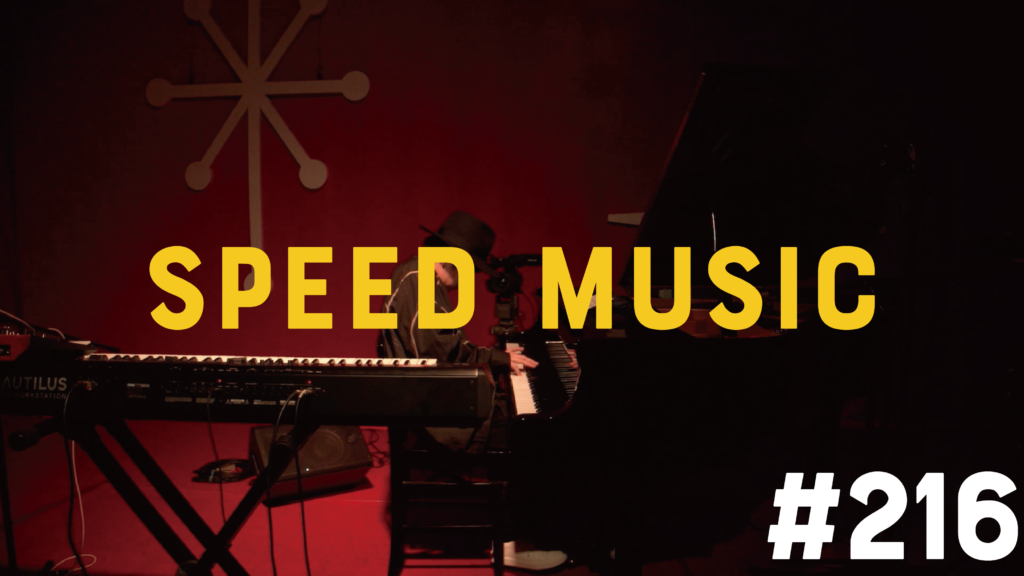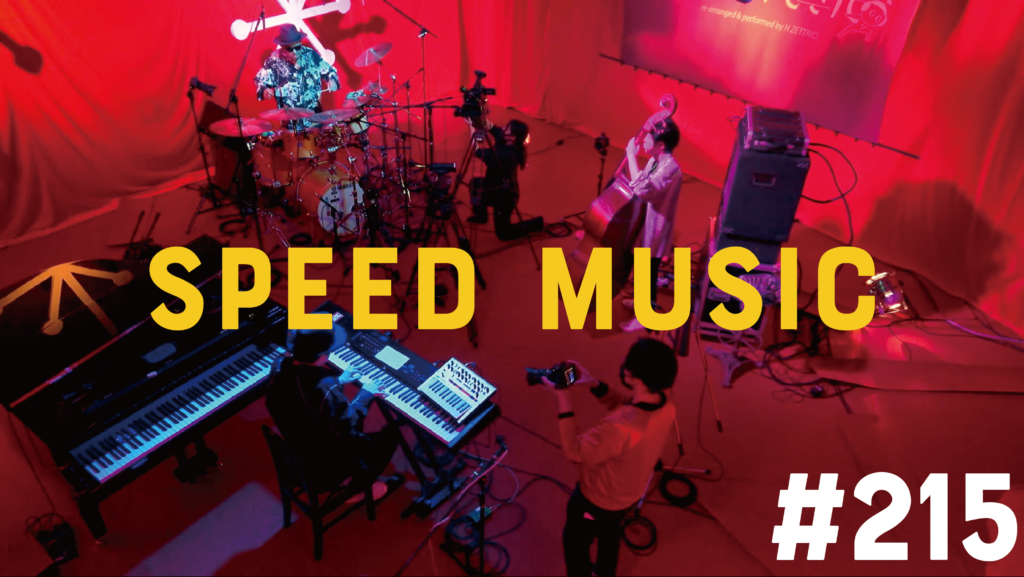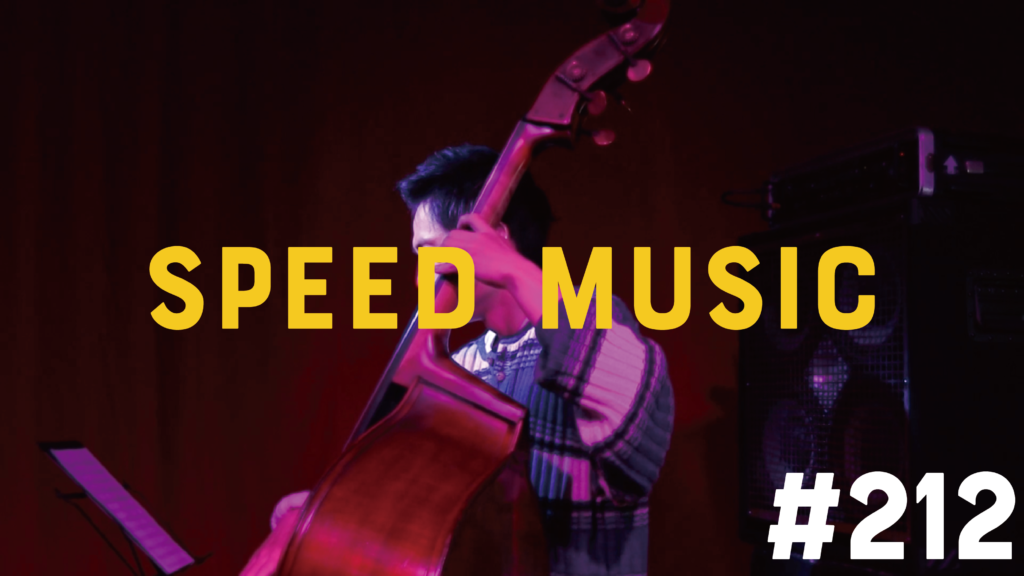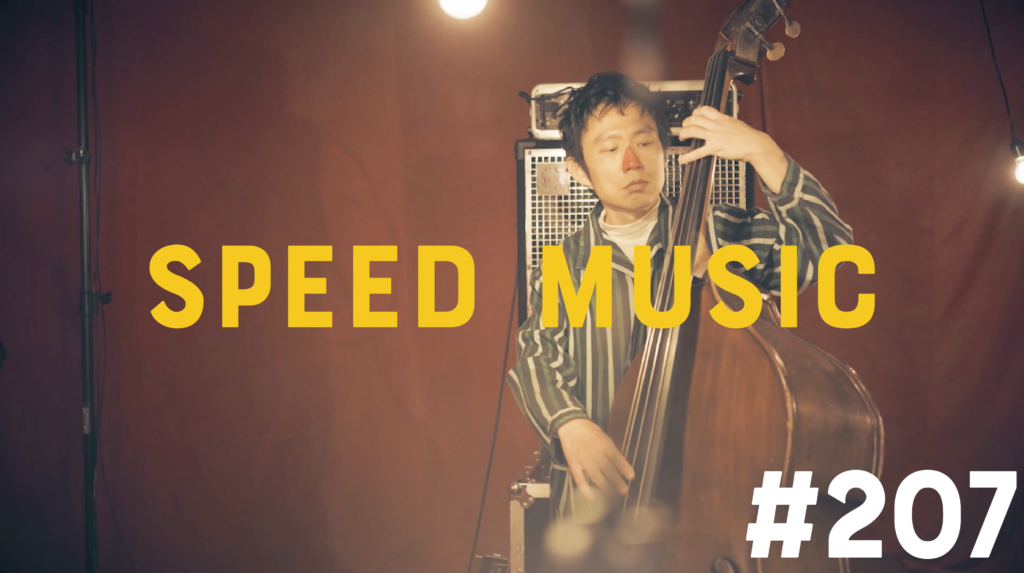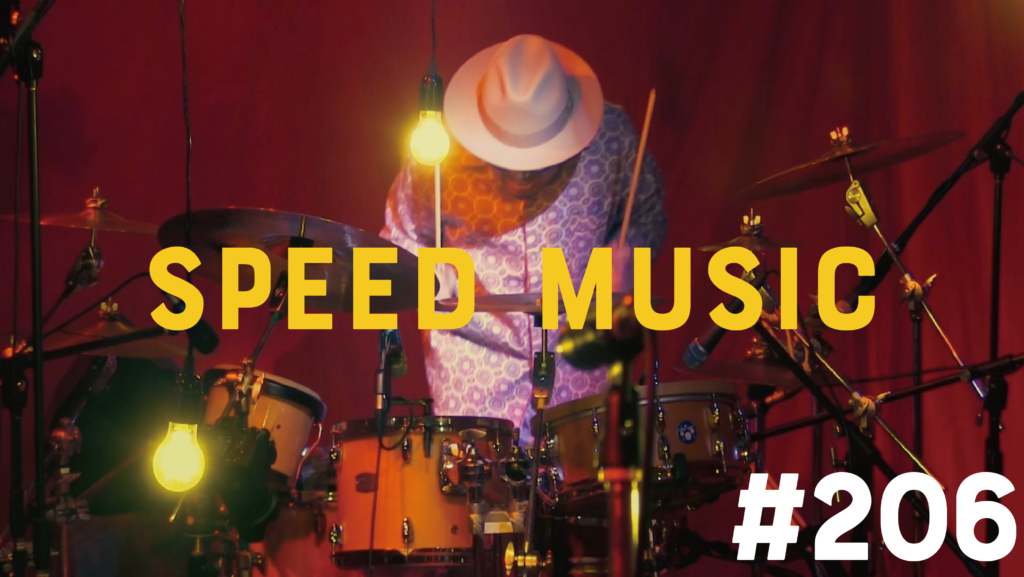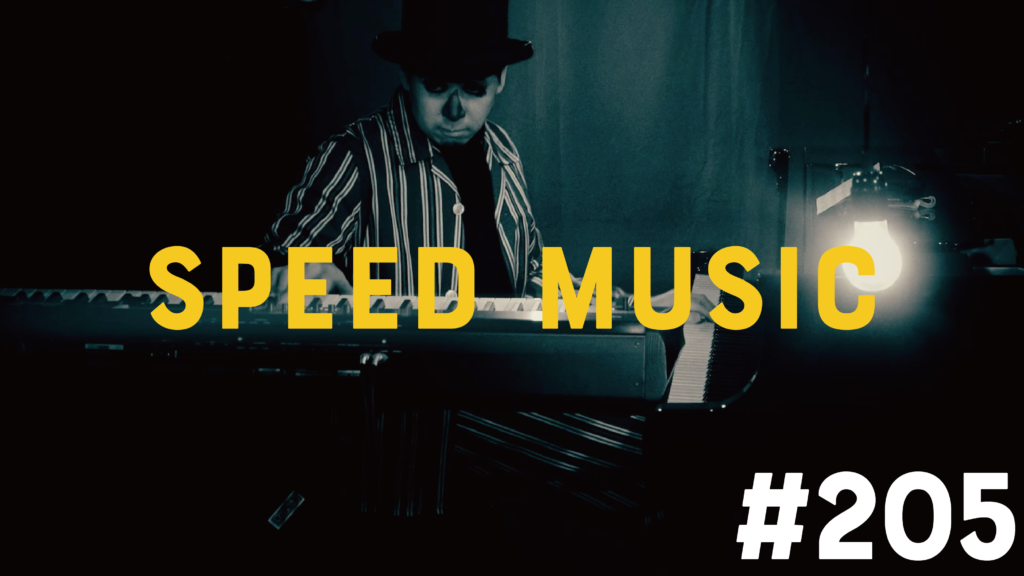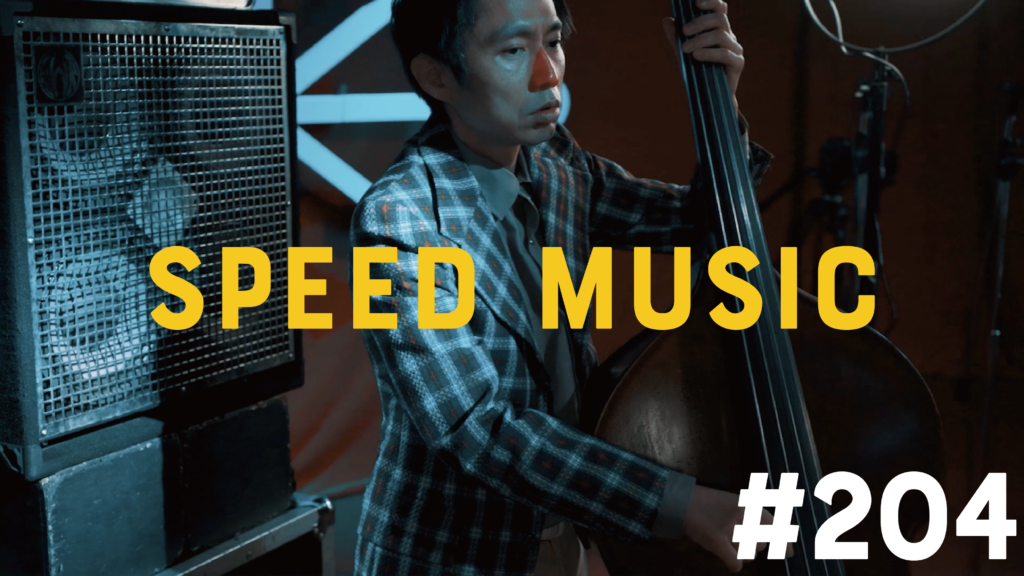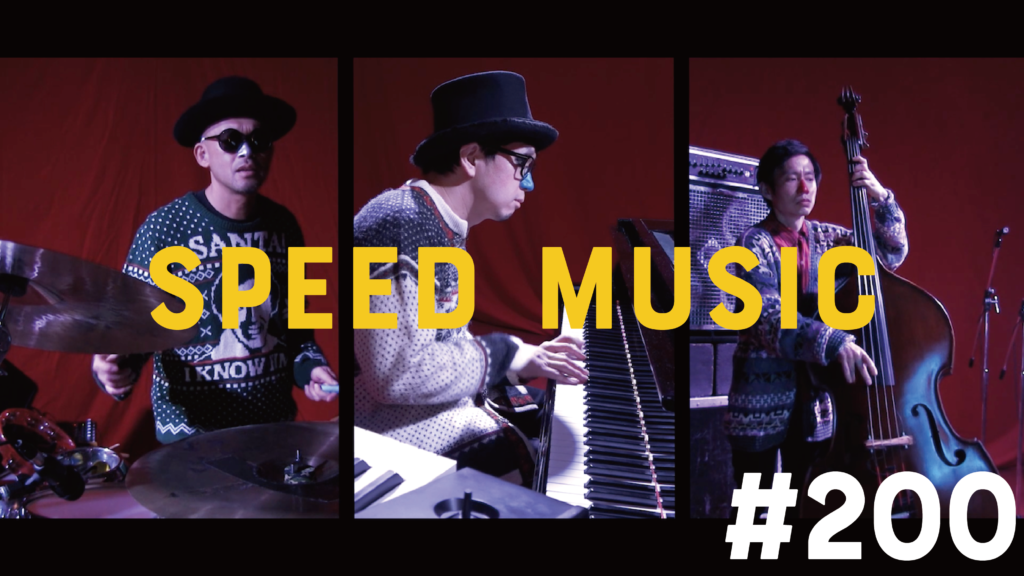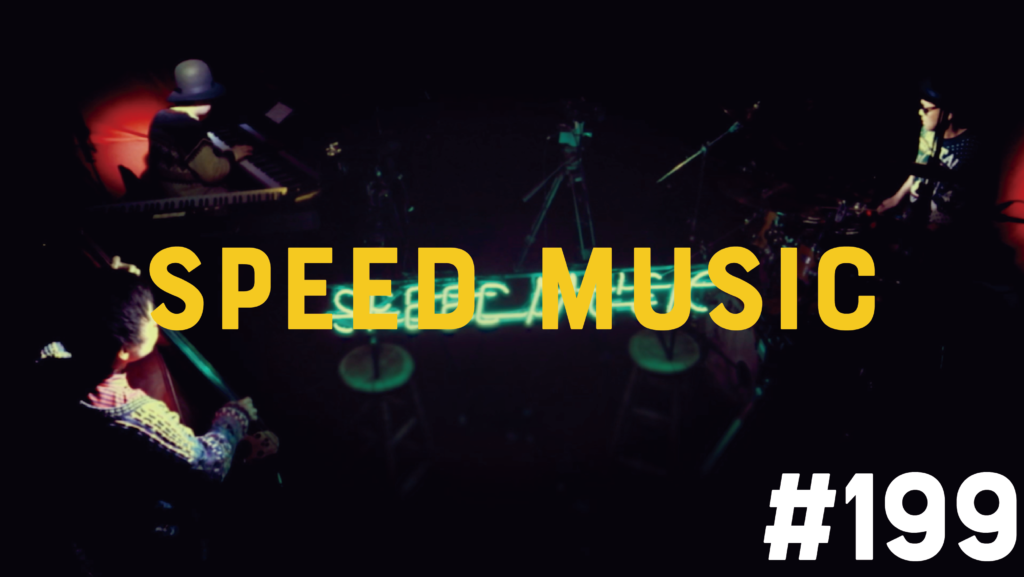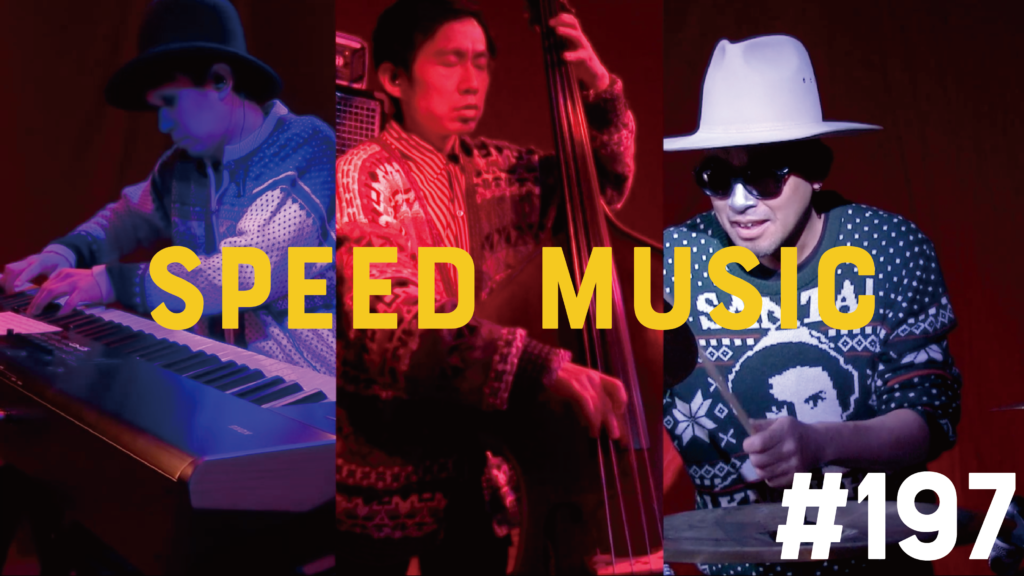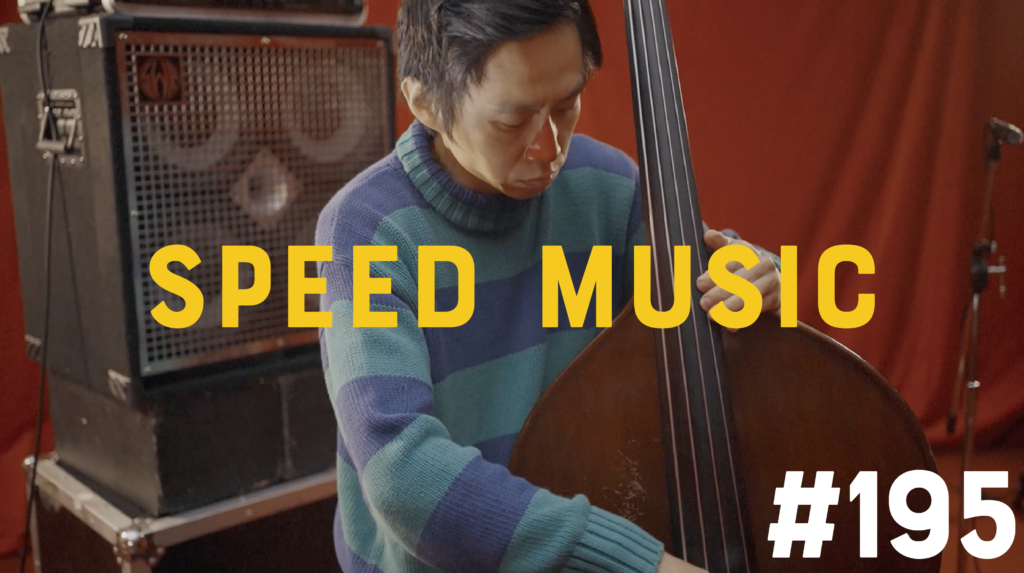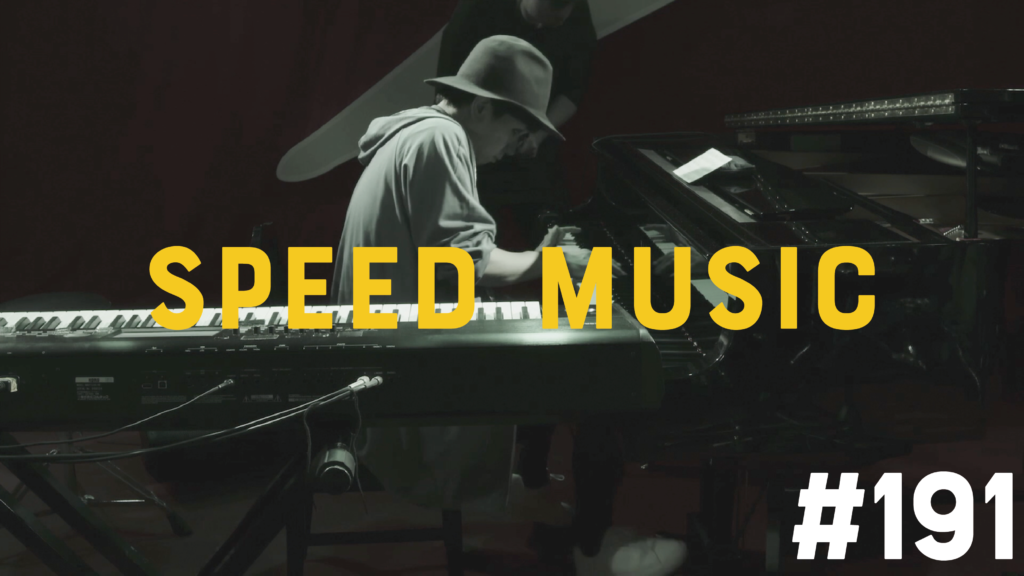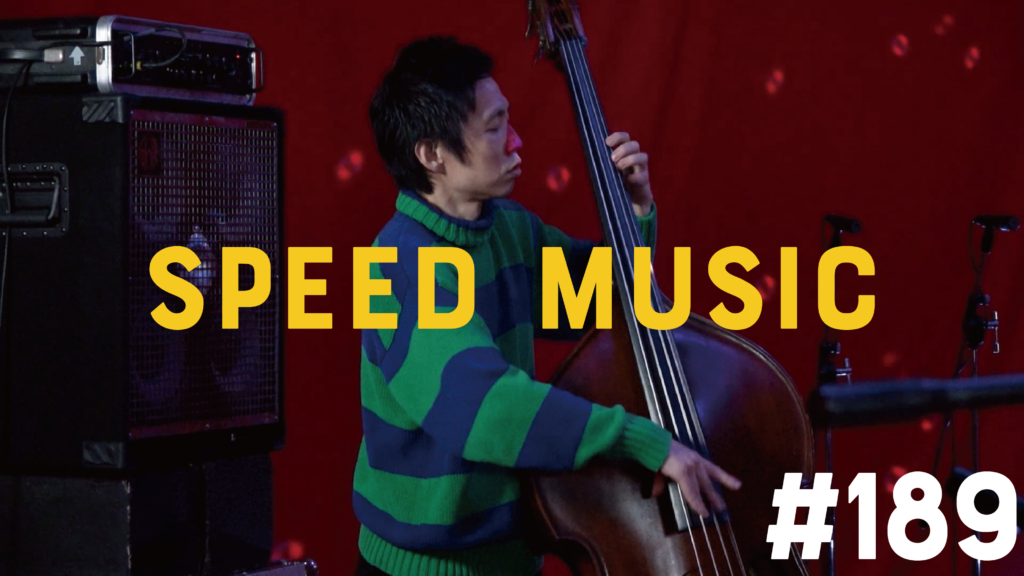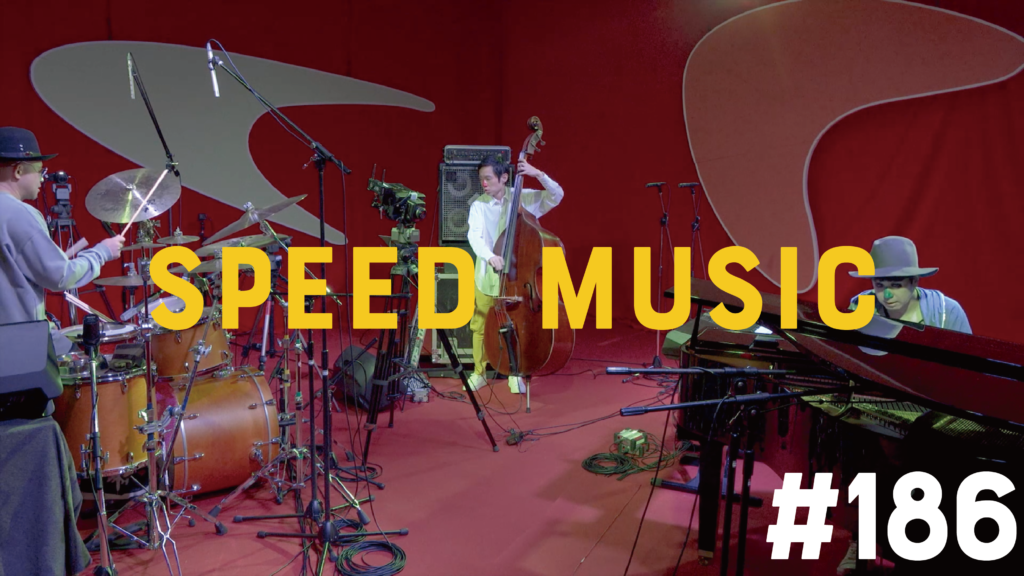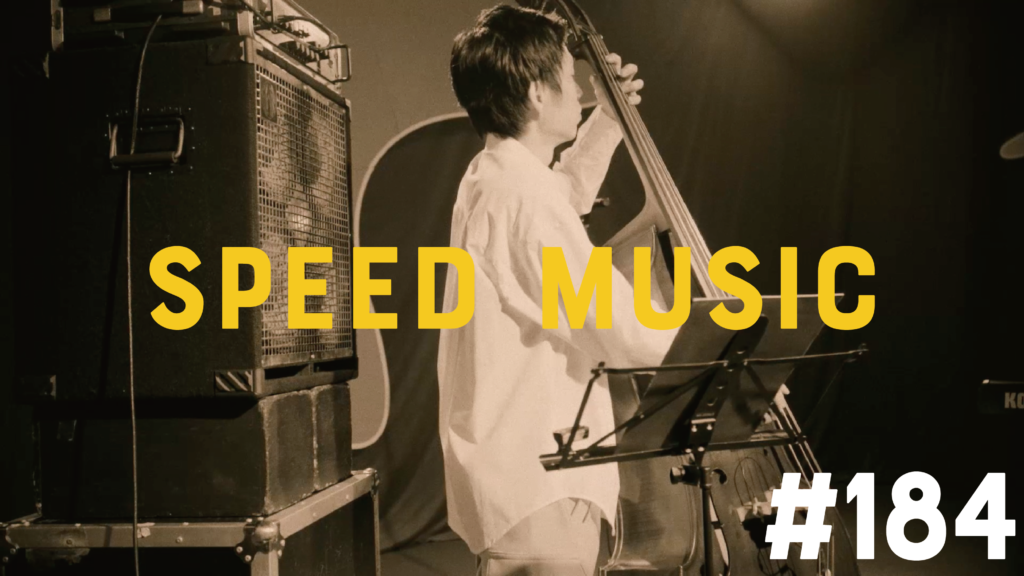#206 BE MY BABY / COMPLEX by H ZETTRIO
COMPLEXのファースト・シングル。1984年にアイドルとしてデビューし、音楽以外にも映画やテレビ出演などで活動していた吉川晃司は、1988年2月3日にシングル「プリティ・デイト」発表後に1年間の休業宣言をし、事務所を独立、レコード会社を移籍、沈黙を続けていた。また1988年のBOØWY解散後にソロアルバム『GUITARHYTHM』を発表した布袋寅泰は、その後の活動が注目されている状況であったが、1988年12月10日に突如2人のユニット「COMPLEX」結成を発表。その後、第1弾シングルとして「BE MY BABY」リリース。(フリー百科事典 ウィキペディア日本語版より:https://x.gd/0Bwq9)
COMPLEX's first single. Koji Kikkawa, who debuted as an idol in 1984 and was active in films and TV appearances in addition to music, declared a one-year hiatus after releasing his single "Pretty Date" on February 3, 1988, and took a break from work. He became independent, changed record companies, and remained silent. In addition, Tomoyasu Hotei released a solo album ''GUITARHYTHM'' after BOØWY disbanded in 1988, and his subsequent activities were attracting attention, but on December 10, 1988, he suddenly announced the formation of the two-man unit ''COMPLEX.'' announcement. After that, "BE MY BABY" was released as the first single. (From the free encyclopedia Wikipedia Japanese version: https://x.gd/0Bwq9)
